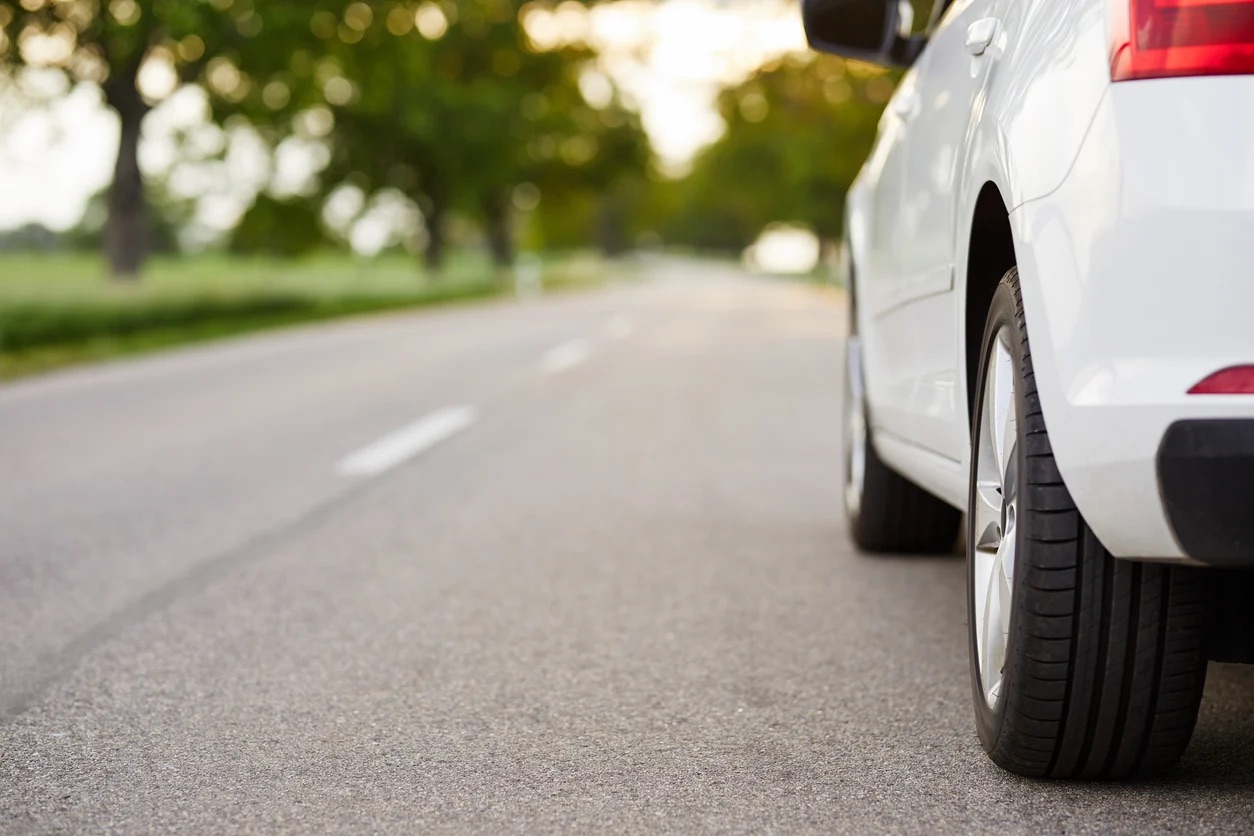

Articles
How Long Till You Can Drive On A New Driveway
Modified: November 1, 2024
Learn how long it takes before you can drive on a new driveway with our informative articles. Discover the essential tips and guidelines for a safe and durable driveway.
(Many of the links in this article redirect to a specific reviewed product. Your purchase of these products through affiliate links helps to generate commission for Storables.com, at no extra cost. Learn more)
Introduction
A new driveway is an exciting addition to any home. It not only enhances the curb appeal of your property but also provides a functional space for parking vehicles. However, when it comes to driving on a new driveway, it’s important to exercise caution and allow it sufficient time to cure. The curing process involves the hardening and strengthening of the driveway material, whether it is concrete, asphalt, or pavers.
In this article, we will explore the factors that affect the curing time of a new driveway and provide guidance on when it is safe to start driving on it. Whether you have opted for a concrete, asphalt, or paver driveway, understanding the appropriate timelines will help ensure the longevity and durability of your investment.
Key Takeaways:
- Patience is crucial when it comes to driving on a new driveway. Concrete driveways need about 7 days to fully cure, while asphalt driveways may take up to 6-12 months. Paver driveways typically settle within 24-48 hours and fully cure in approximately 2-3 weeks.
- Consider factors such as accelerated curing techniques, optimal weather conditions, and the use of curing enhancers to expedite the curing process. However, consult with professionals to ensure these methods are suitable for your specific driveway material.
Factors Affecting the Curing Time of a New Driveway
The curing time of a new driveway can vary depending on several factors. Understanding these factors can help you estimate how long you need to wait before driving on your new driveway. Here are the key factors that can affect the curing time:
- Type of Material: The type of material used for your driveway will play a significant role in determining the curing time. Concrete, asphalt, and pavers all have different properties and require varying durations to fully cure.
- Weather Conditions: The weather conditions at the time of installation and in the following days can affect the curing process. Extreme temperatures, humidity, and rainfall can prolong the curing time, whereas favorable weather conditions can expedite it.
- Thickness of the Driveway: The thickness of the driveway can impact the curing time. Thicker driveways typically take longer to cure as they require more time for the curing agents to penetrate through the entire depth.
- Curing Agents: Some driveway materials may require the application of curing agents or sealants to speed up the curing process. These agents help retain moisture and promote the proper curing of the driveway.
- Construction Techniques: The construction techniques used during the installation of the driveway can affect the curing time. Proper preparation of the base, compaction, and the use of curing blankets or other methods can influence the speed and effectiveness of the curing process.
It is important to note that the curing time mentioned by contractors may be an estimate based on ideal conditions. In real-world scenarios, the curing time can be shorter or longer depending on the aforementioned factors. It is always best to err on the side of caution and allow ample time for the new driveway to fully cure before subjecting it to vehicular traffic.
Concrete Driveways: How Long to Wait Before Driving
Concrete driveways are a popular choice due to their durability and long lifespan. However, it is crucial to allow sufficient time for the concrete to cure before driving on it. The curing time for concrete driveways can vary, but here are some general guidelines to consider:
- Initial Set: After the concrete has been poured and leveled, it goes through an initial setting phase. During this stage, the concrete hardens to a point where it can support weight without being damaged. Generally, you should wait about 24 to 48 hours before walking on the new concrete driveway.
- Full Cure: While you can walk on the driveway within a couple of days, it usually takes about 7 days for the concrete to reach its full strength and cure completely. During this period, it is best to avoid driving on the driveway to prevent any potential damage.
- Temperature and Weather: It’s important to consider the temperature and weather conditions when determining the curing time of a concrete driveway. In colder temperatures, the curing process can take longer, whereas warmer temperatures can expedite it. It is advisable to avoid pouring concrete in freezing or extremely hot weather as it can affect the overall quality and durability of the driveway.
- Proper Maintenance: To ensure the longevity of your concrete driveway, it is essential to practice proper maintenance during the initial curing period. Keep the surface moist by lightly watering it or using a curing compound as recommended by the contractor. This helps prevent the concrete from drying out too quickly and promotes a thorough and uniform curing process.
Remember that these are general guidelines, and the actual curing time can vary depending on the specific conditions and requirements of your project. Consult with your contractor for more accurate information regarding the curing time of your new concrete driveway. It’s vital to prioritize the curing process to avoid premature damage and preserve the integrity of your investment in the long run.
Asphalt Driveways: When Can You Drive on Them?
Asphalt driveways are known for their smooth and durable surface, but they also require a curing period before they can withstand vehicle traffic. The curing time for asphalt driveways can vary depending on several factors, including weather conditions and the thickness of the asphalt layer. Here are some general guidelines to help you determine when it is safe to drive on your new asphalt driveway:
- Initial Cure: After the asphalt is applied, it goes through an initial curing phase. During this time, the surface may be tacky and susceptible to damage from heavy vehicles. It is recommended to wait at least 24 to 48 hours before driving on the new asphalt driveway. This allows the initial curing process to take place and the surface to harden.
- Full Cure: While you can drive on the asphalt driveway after the initial cure period, it typically takes about 6 to 12 months for the asphalt to fully cure and harden. During this period, the asphalt undergoes further chemical changes and continues to harden. It is important to avoid placing heavy objects or parking heavy vehicles in the same spot for prolonged periods during this curing period to prevent indentations or damage.
- Weather Conditions: Weather conditions can significantly impact the curing time of an asphalt driveway. In warmer weather, the curing process tends to be faster, while colder temperatures can prolong the curing time. It is advisable to avoid installing or repairing asphalt driveways during periods of extreme cold or heat to ensure proper curing.
- Regular Maintenance: Proper maintenance plays a crucial role in the longevity and durability of an asphalt driveway. During the curing period, it’s important to avoid harsh chemicals, oil spills, and heavy traffic, as these can negatively affect the surface and curing process. Regular sealing and maintenance, as recommended by professionals, will help protect the asphalt and extend its lifespan.
It is important to note that these are general guidelines, and the actual curing time can vary based on the specific mix and conditions of your asphalt driveway. Consulting with a professional asphalt contractor will give you more accurate information regarding the ideal curing time for your specific project. Remember to exercise caution and give your new asphalt driveway ample time to cure before subjecting it to heavy vehicle traffic to ensure its longevity and performance.
It is recommended to wait at least 3-7 days before driving on a new concrete driveway, and 7-14 days for an asphalt driveway. This allows the surface to cure and harden properly.
Paver Driveways: How Long Till You Can Drive on Them?
Paver driveways offer an aesthetically pleasing and versatile option for homeowners. Unlike concrete and asphalt driveways, paver driveways are composed of individual interlocking stones or bricks. While they are known for their durability, they still require a curing period before they can handle vehicular traffic. Here are some general guidelines to help you determine when it is safe to drive on your new paver driveway:
- Settling Period: After the pavers are installed, they need time to settle properly into the base material. This settling period allows the pavers to interlock securely and create a stable surface. Typically, you should wait at least 24 to 48 hours before walking on the newly installed pavers.
- Full Cure: While you can walk on the paver driveway after the settling period, it generally takes about two to three weeks for the pavers to fully cure. During this time, the pavers will continue to settle and lock into place. It is advisable to avoid driving on the paver driveway during this curing period, as the weight of vehicles can disrupt the settling process.
- Weather Conditions: Weather conditions can impact the time it takes for pavers to cure. In warmer weather, the curing process tends to be faster, while colder temperatures can slow it down. It is recommended to install paver driveways during milder weather conditions for optimum curing.
- Sealant Application: Applying a sealant to the paver driveway can enhance its longevity and protect it against stains and weather damage. However, it’s important to allow the pavers to fully cure before applying sealant. Generally, you should wait about four to six weeks after installation before applying the sealant.
- Regular Maintenance: Proper maintenance is key to maintaining the appearance and durability of your paver driveway. During the curing period, it’s important to avoid heavy traffic, sharp turns, and excessive weight on the surface. Regularly sweeping and cleaning the pavers will help prevent debris build-up and maintain their integrity.
It’s important to note that these are general guidelines, and the actual curing time can vary based on factors such as paver material, installation techniques, and weather conditions. Consulting with a professional paver contractor will provide you with more accurate information regarding the ideal curing time for your specific project. Taking the necessary time to properly cure your paver driveway will ensure its long-term durability and enhance its beauty for years to come.
Read more: How Long Can You Drive On A Bad Water Pump
Factors to Consider for Quick Driveway Usage
While it is important to allow sufficient time for a new driveway to cure before driving on it, there are certain factors that can expedite the process and allow for quicker driveway usage. Here are some factors to consider if you need to use your new driveway as soon as possible:
- Accelerated Curing Techniques: Some driveway materials, such as concrete, can benefit from accelerated curing techniques. These techniques involve the use of curing compounds or heating methods to speed up the curing process. Consult with your contractor to determine if these techniques are suitable for your driveway and can help reduce the curing time.
- Optimal Weather Conditions: Choosing the right weather conditions for driveway installation can influence the speed of the curing process. Warmer and drier weather can facilitate faster drying and curing times, while cold or humid conditions can slow down the process. Plan your driveway installation during a period of favorable weather to expedite the curing time.
- Curing Enhancers: There are certain additives and enhancers available in the market that can help speed up the curing process of driveways. These products typically aid in retaining moisture and promoting the proper chemical reactions necessary for curing. Consult with your contractor or a professional in the field to determine if these products are suitable for your specific driveway material.
- Proper Maintenance: While quick driveway usage is desired, it is important not to compromise the longevity and durability of the driveway. Proper maintenance during the curing period, such as following any recommended watering or sealing routines, will help ensure optimal curing and a strong foundation for your driveway.
- Consult with Professionals: Seeking guidance from experienced professionals is crucial when it comes to expediting the cure time of your new driveway. An experienced contractor or installer will have in-depth knowledge of the materials, techniques, and local factors that can affect curing time. They can provide valuable insights and recommendations tailored to your specific project.
Remember, while it may be tempting to use your new driveway as quickly as possible, allowing the appropriate curing time is essential for its long-term functionality and durability. By considering these factors and working closely with professionals, you can potentially expedite the curing process without compromising the quality of your new driveway.
Conclusion
When it comes to driving on a new driveway, patience is key. Allowing your driveway ample time to cure is essential for its long-term durability and performance. Factors such as the type of material, weather conditions, and proper maintenance all play a role in determining the appropriate curing time.
Concrete driveways typically require about 7 days to fully cure, while asphalt driveways may take up to 6-12 months. Paver driveways, on the other hand, usually settle within 24-48 hours and fully cure in approximately 2-3 weeks.
To expedite the curing process, you can consider factors such as accelerated curing techniques, optimal weather conditions, and the use of curing enhancers. However, it’s crucial to consult with professionals and ensure that these methods are suitable for your specific driveway material.
While waiting for your driveway to cure, it’s important to practice proper maintenance and avoid subjecting it to heavy traffic or harsh conditions. Regularly cleaning and performing necessary maintenance tasks will help preserve the integrity and appearance of your driveway.
In conclusion, driving on a new driveway before it has fully cured can result in damage and shorten its lifespan. By understanding the factors that affect the curing time and following the recommended guidelines, you can ensure the longevity and performance of your new driveway. Remember, a little patience goes a long way when it comes to enjoying a safe and well-cured driveway for years to come.
Frequently Asked Questions about How Long Till You Can Drive On A New Driveway
Was this page helpful?
At Storables.com, we guarantee accurate and reliable information. Our content, validated by Expert Board Contributors, is crafted following stringent Editorial Policies. We're committed to providing you with well-researched, expert-backed insights for all your informational needs.
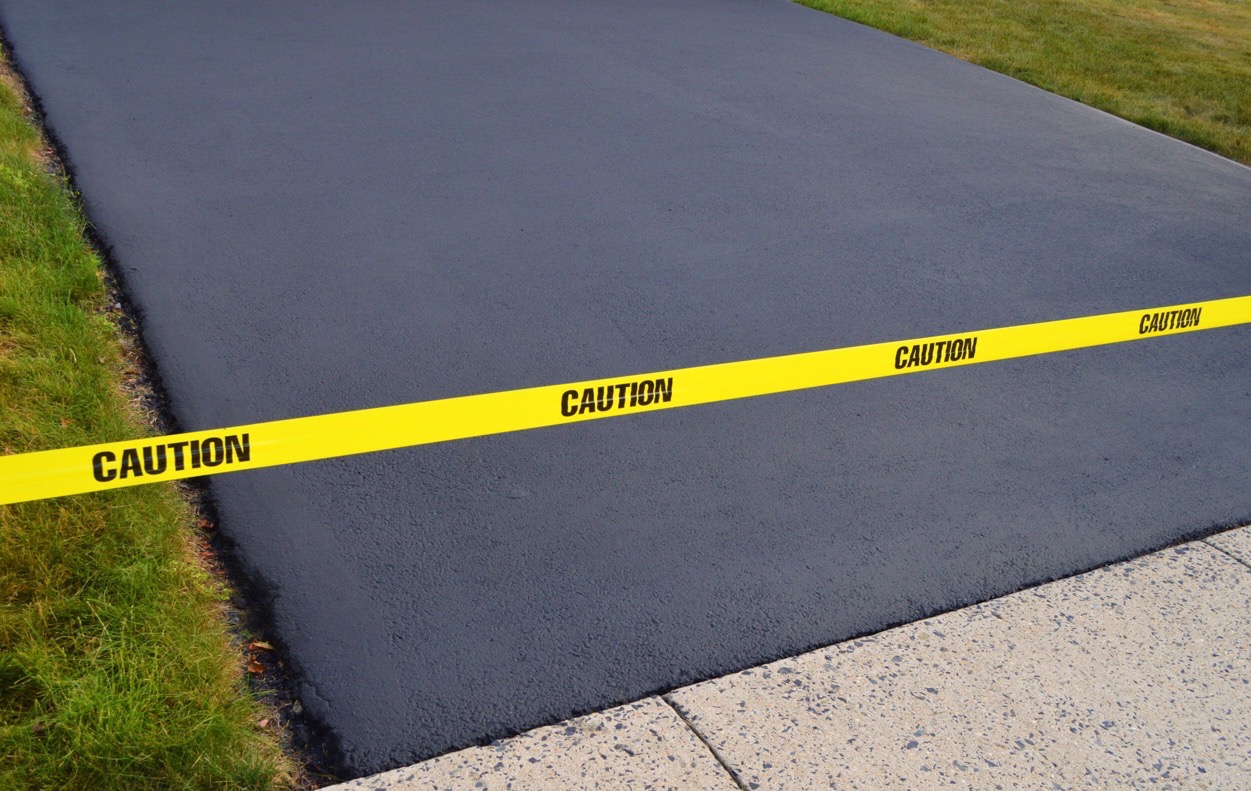
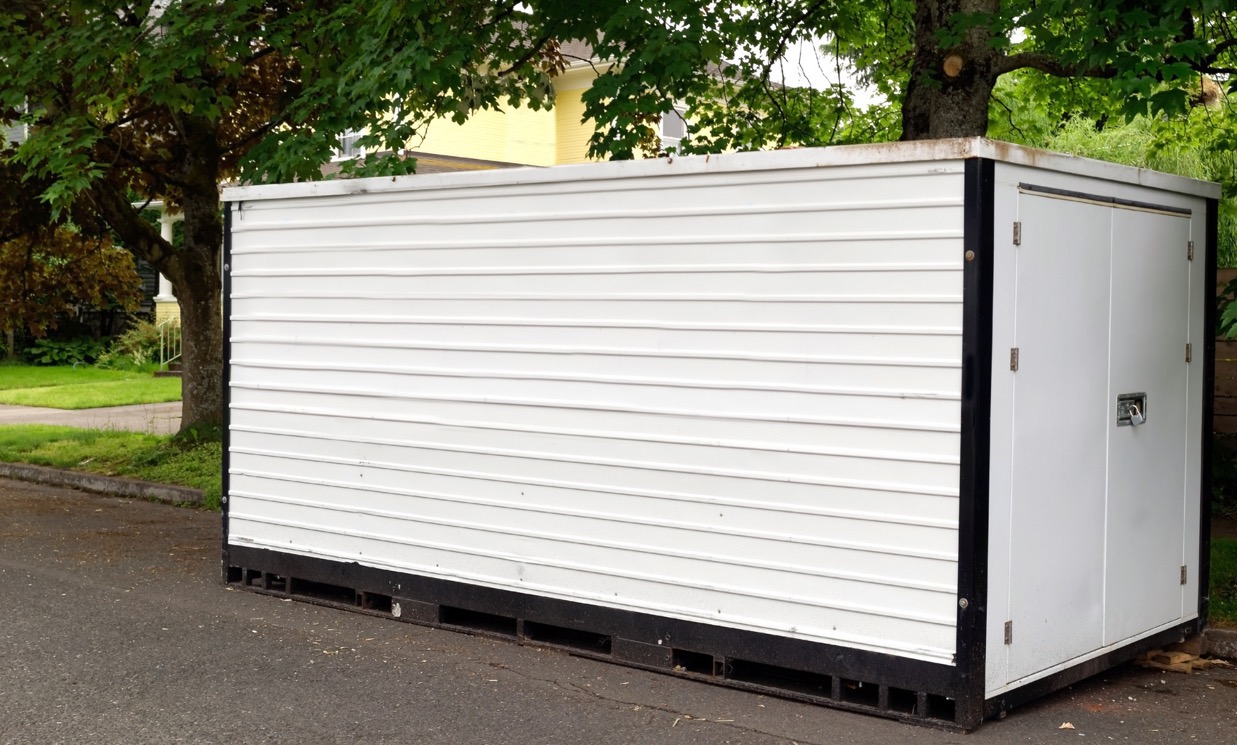
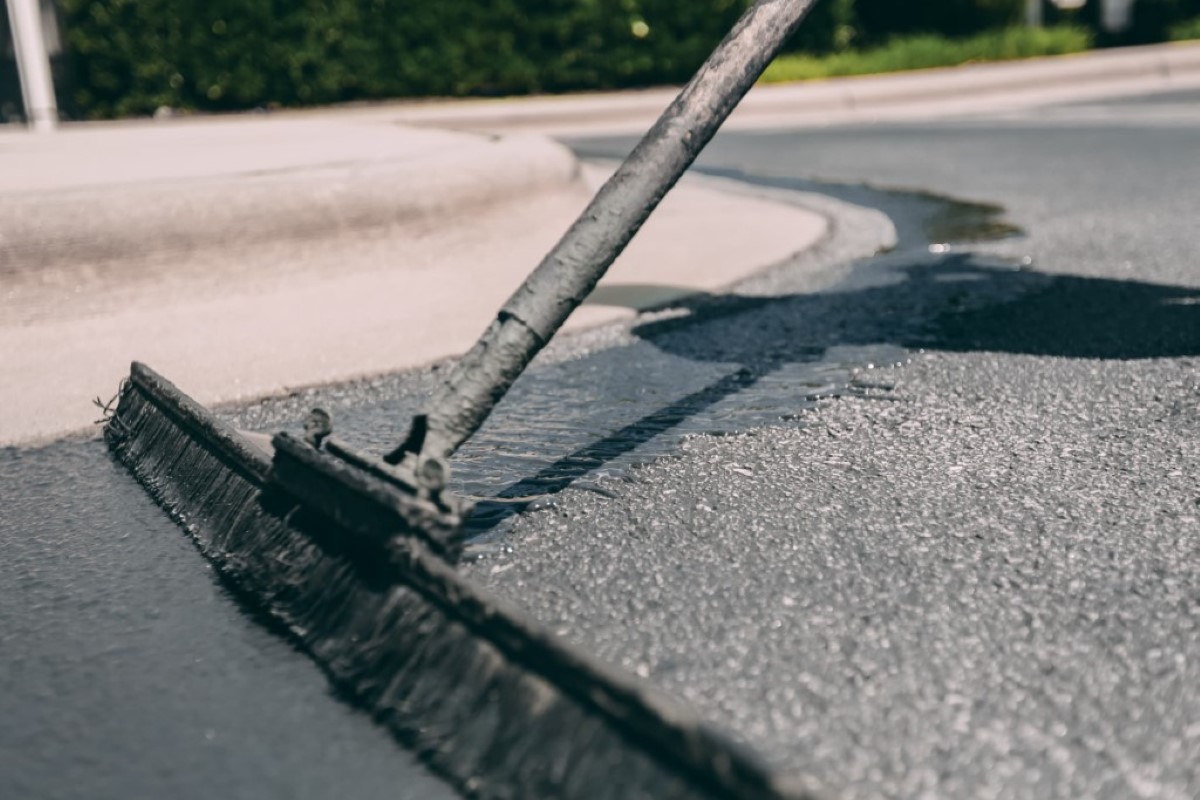
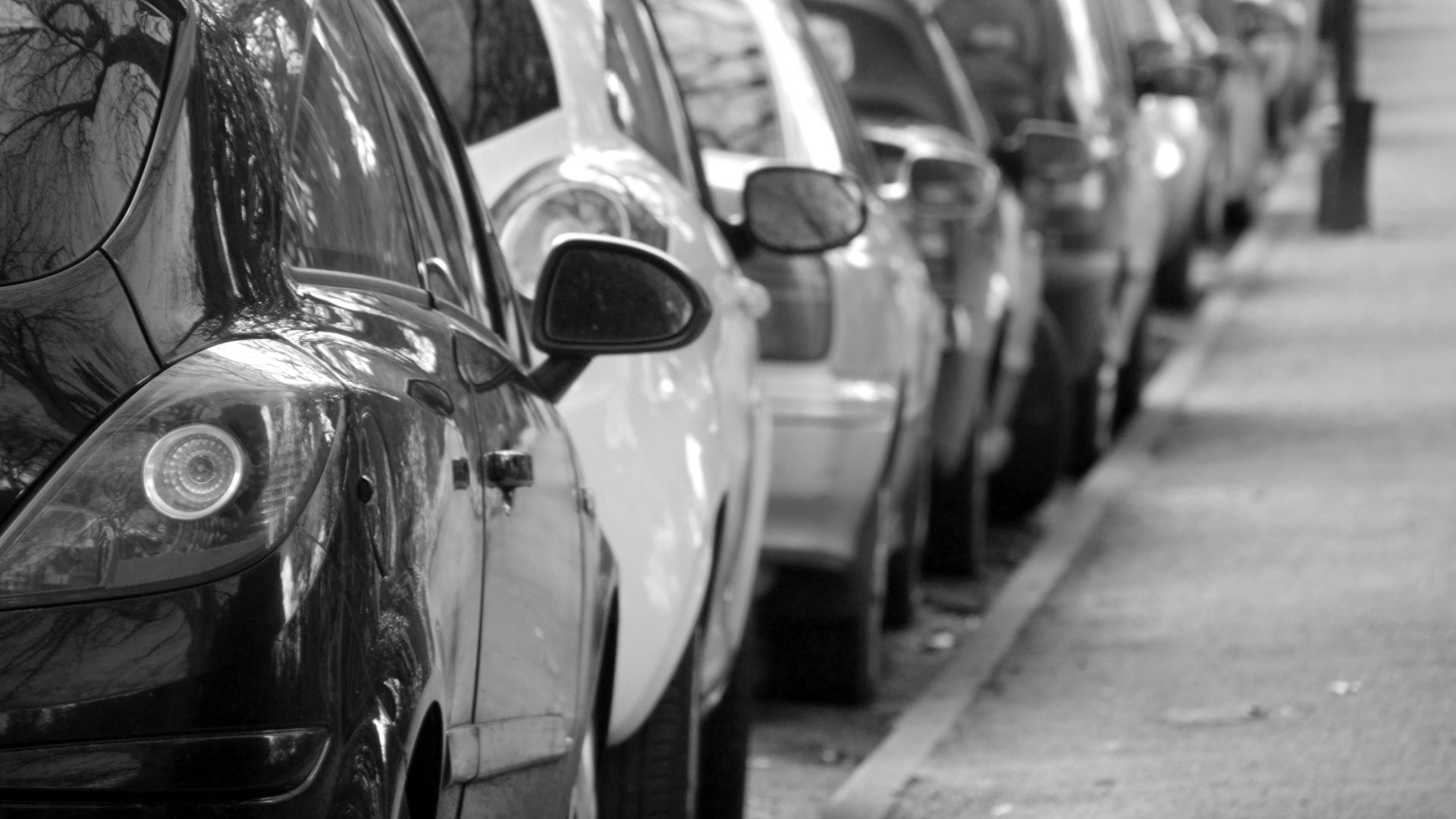

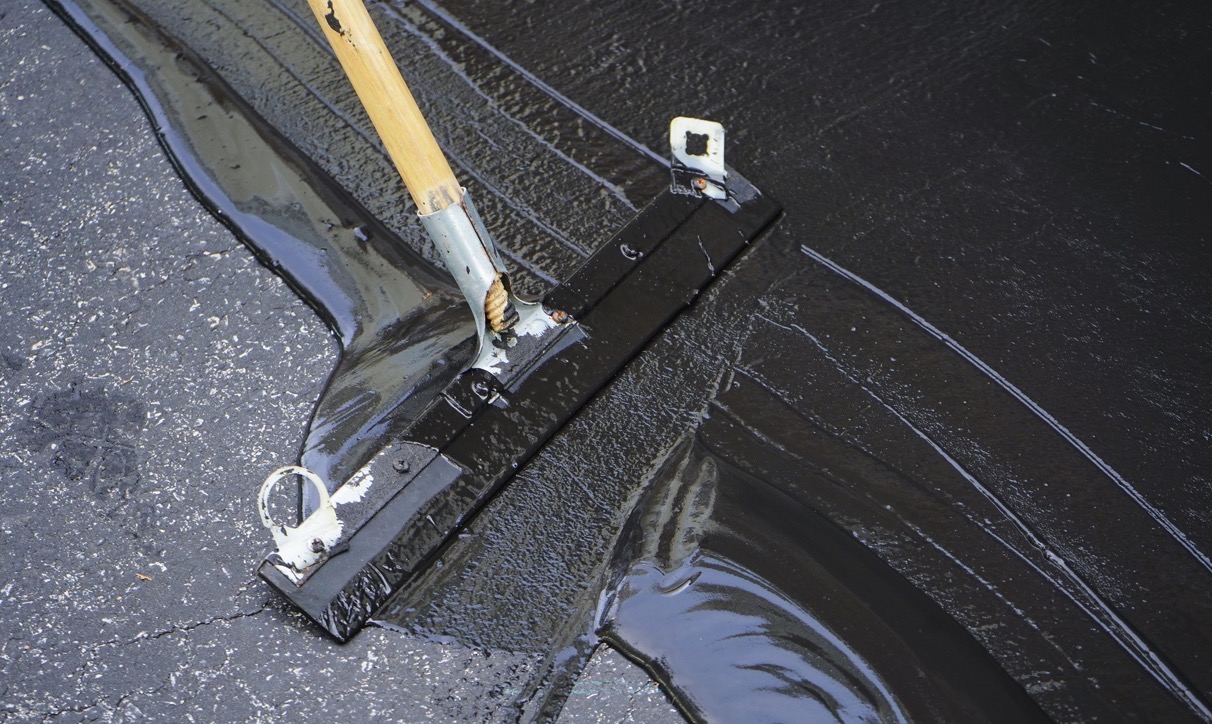



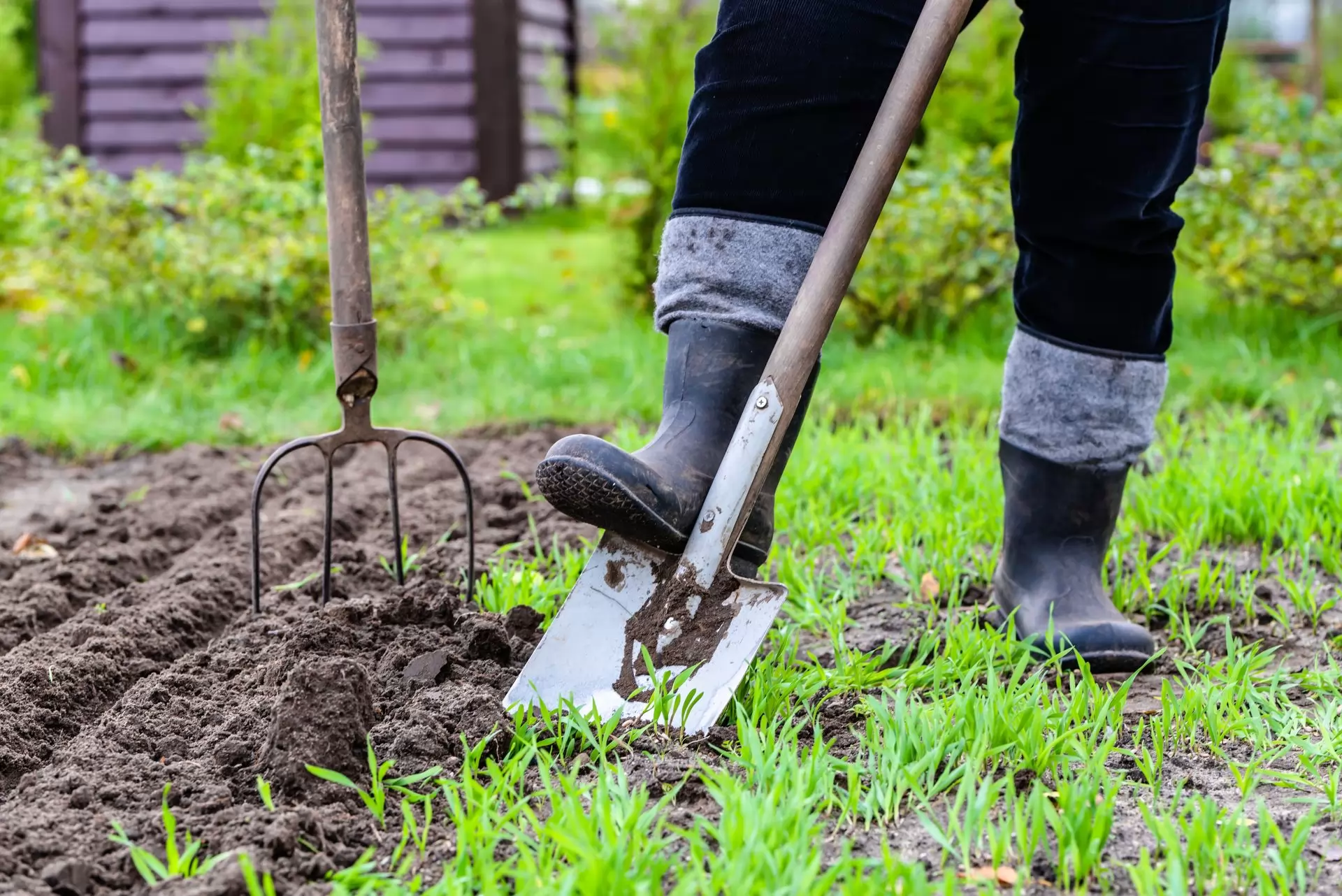
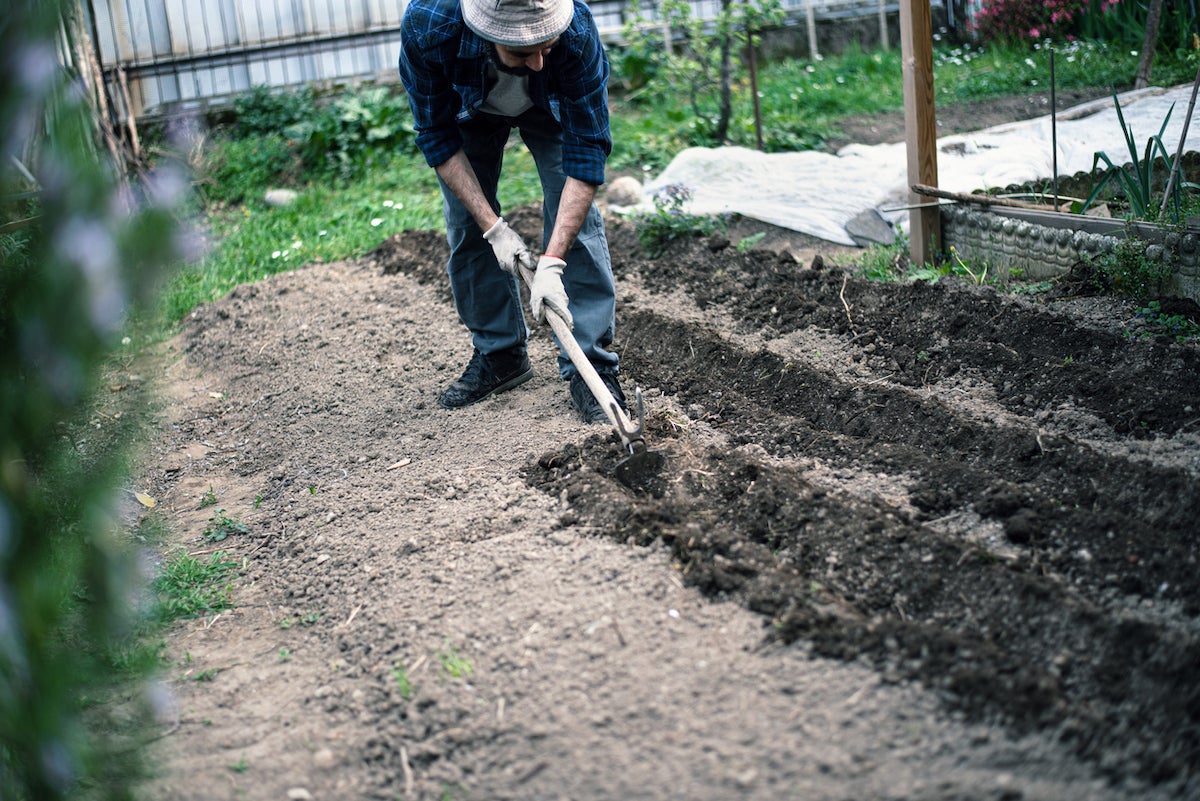
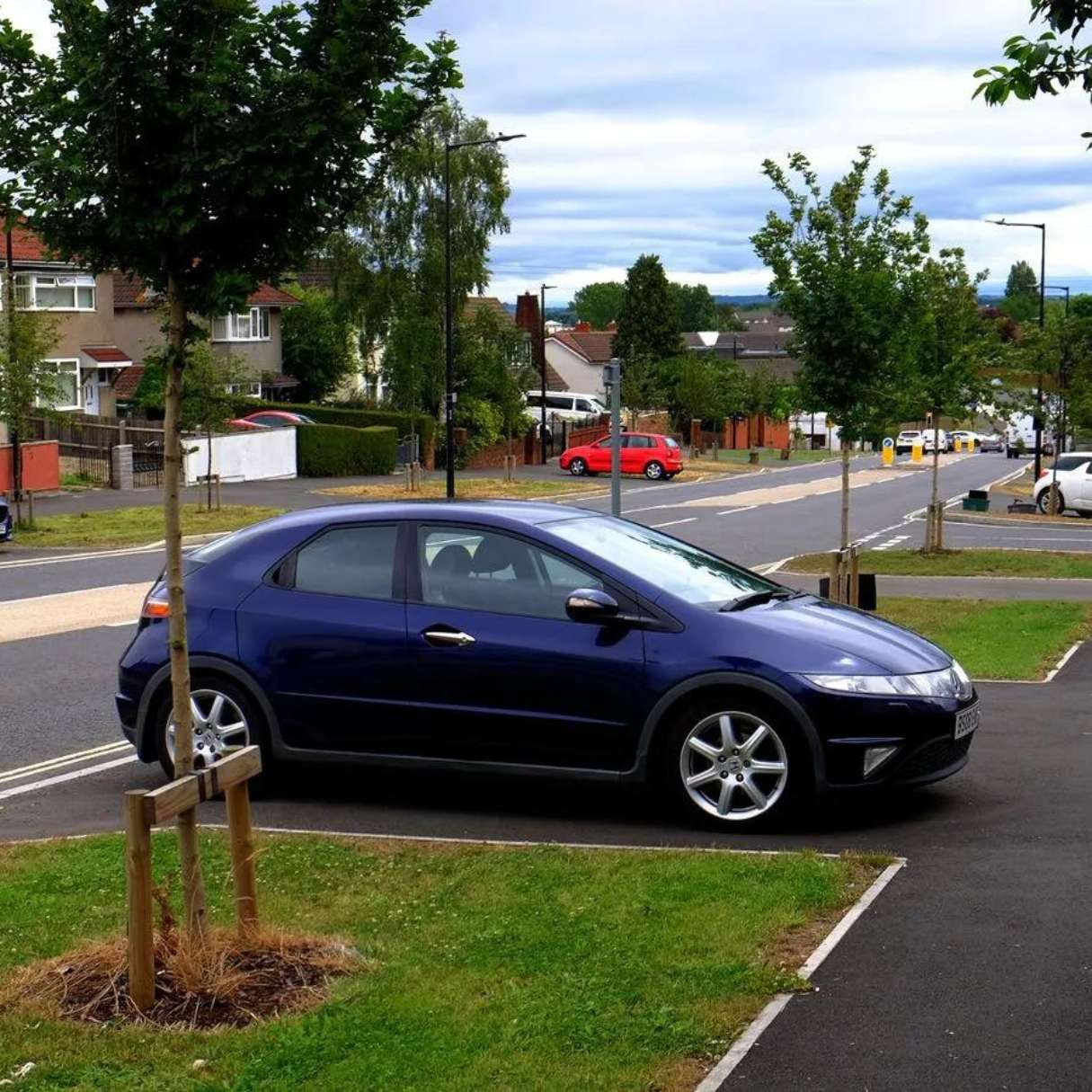
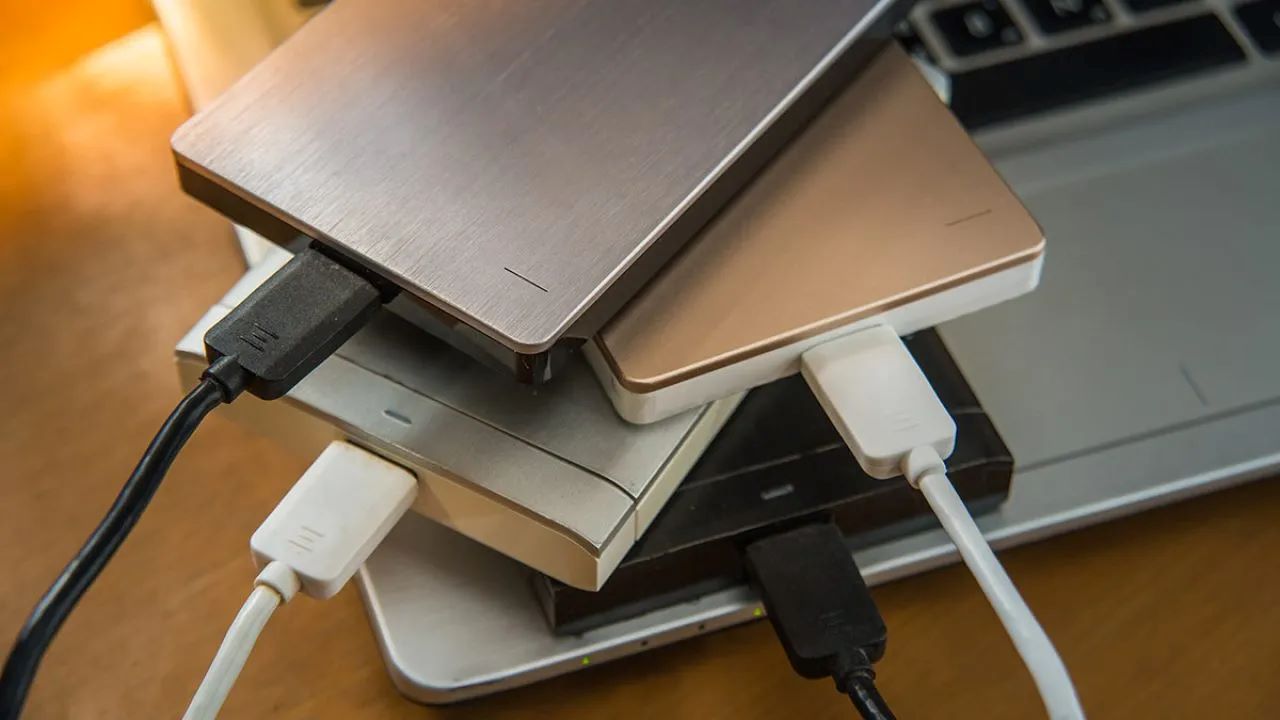
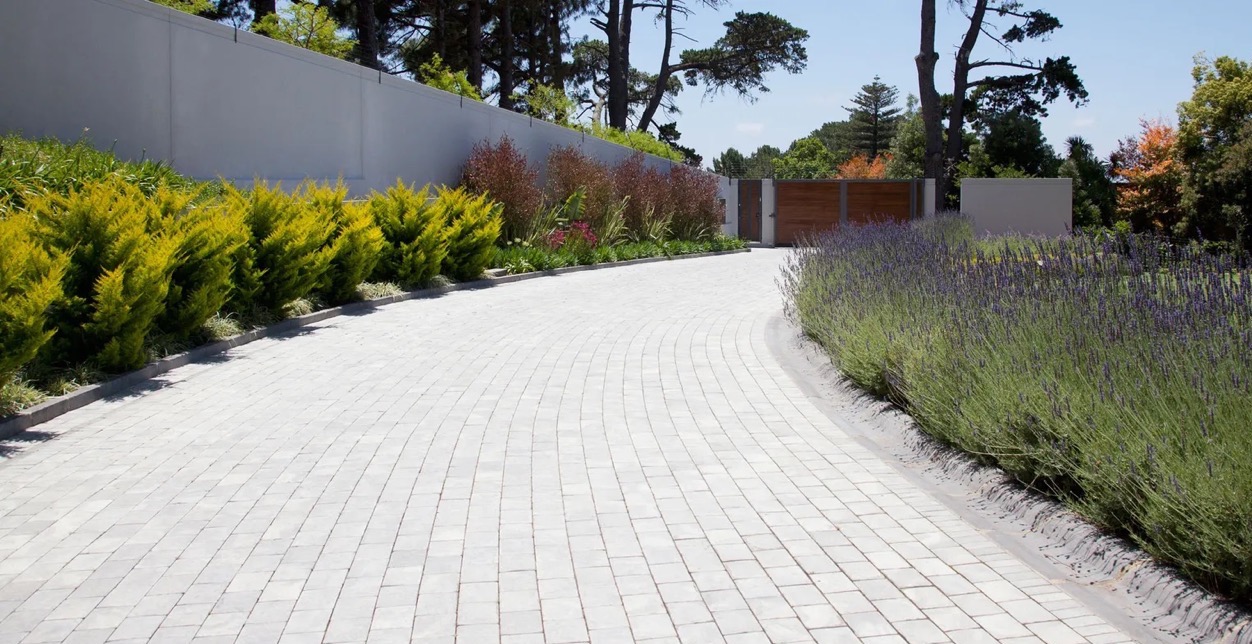

0 thoughts on “How Long Till You Can Drive On A New Driveway”